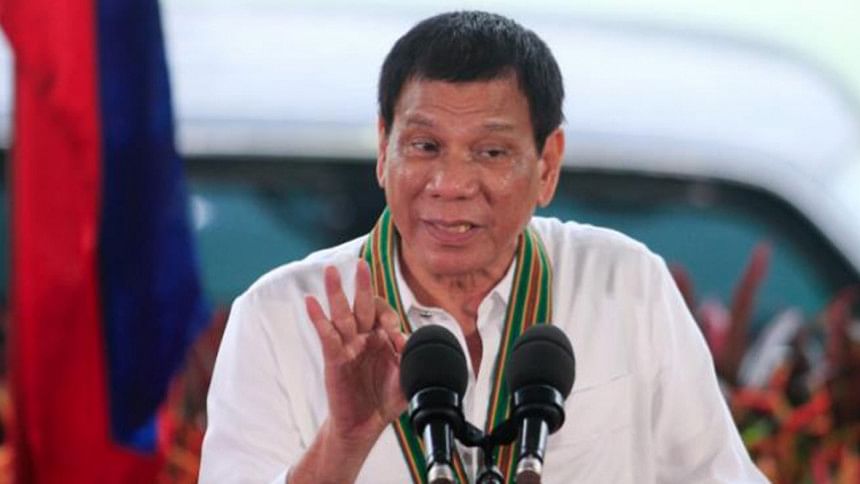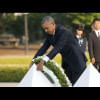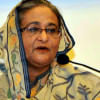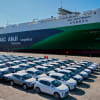Duterte wants to liberate Philippines from US shackles: foreign minister

The president of the Philippines wants to liberate his country from a "shackling dependency" on the United States which cannot guarantee its help when Philippine sovereignty is under threat, its foreign minister said.
Foreign Affairs Secretary Perfecto Yasay, in the most forceful show of accord from a top official with President Rodrigo Duterte's tough anti-American stance, said the president was "compelled to realign" Philippine foreign policy and not submit to US demands and interests.
"Breaking away from the shackling dependency of the Philippines to effectively address both internal and external security threats has become imperative in putting an end to our nation's subservience to United States' interests," Yasay said in a Facebook post.
Yasay's assessment of US ties follows a diplomatic storm over Duterte's declarations over the past eight days that joint U.S.-Philippines military exercises would cease, a defense agreement would be reviewed and at an undisclosed time, he might "break up" with the United States.
On Monday, Duterte said US President Barack Obama should "go to hell", the latest rebuke stemming from US concern about Duterte's deadly war on drugs.
On Thursday, Duterte said the United States and European Union should withdraw their assistance to the Philippines if they were unhappy with his crackdown.
RHETORIC AT ODDS WITH REALITY
Asked about the ongoing criticism from Manila, US State Department spokesman John Kirby said the United States was 'mindful of the rhetoric but we believe that it is at odds with the kind of cooperation that we have right now."
Kirby told a briefing in Washington that US assistance to the Philippines in the fiscal year that began Oct. 1 was $180 million "and we're committed" to delivering that and working on areas of mutual interest.
"We remain committed ... to our very real commitments from a security perspective to the Philippines," he said. "What we're focused on now are the assistance efforts that are in place and ensuring that they best benefit the Philippine people and are compliant with US laws and regulations."
Yasay, a former securities regulator and lawyer who practiced in the United States, said the Philippines would be forever grateful to its former colonial ruler for "many significant countless things" over their decades-old alliance, but it remained underdeveloped and weak militarily.
He said that in the South China Sea, the United States could not guarantee it would help the Philippines protect its sovereignty, as it is bound to by a 1951 treaty between them.
"Our defensive forces remain grossly incapable in meeting the security threats that we face from potential foes, not to mention their stagnating impact on our development," Yasay said.
"Worse is that our only ally could not give us the assurance that in taking a hard line toward the enforcement of our sovereignty rights under international law, it will promptly come to our defense under our existing military treaty and agreements."
Yasay's tone contrasted sharply with that of Defence Secretary Delfin Lorenzana, who on Wednesday said Duterte may have been misinformed when he said U.S.-Philippine military exercises were of no benefit to his country.
The Philippines won an arbitration ruling in July by a tribunal in The Hague, which declared invalid China's expansive claims in the South China Sea. Manila's relations with Beijing have been strained over the case.
Since independence from the United States 70 years ago, it had never allowed the "little brown brothers" of the Philippines to become truly free, Yasay said.
The Philippines would seek to engage with China, Yasay said, and would be mindful of the lessons it had learned from being too close to Washington.
"Our past mistakes in fostering and strengthening our friendship with our white big brother will be instructive for this purpose," he said.

 For all latest news, follow The Daily Star's Google News channel.
For all latest news, follow The Daily Star's Google News channel. 








Comments